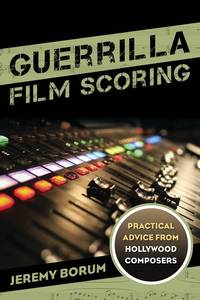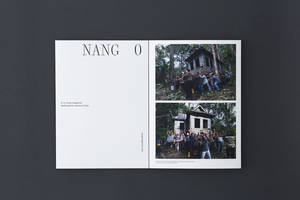Film Matters is seeking current undergraduate students to review a few Criterion releases and recent academic titles for us. The available items are listed below:
Criterions (if a title has TAKEN by it, it has already been claimed):
- TAKEN 45 Years Blu-ray (Haigh, 2015)
- TAKEN Canoa: A Shameful Memory Blu-ray (Cazals, 1976)
- TAKEN Fox and His Friends DVD (Fassbinder, 1975)
- TAKEN Multiple Maniacs Blu-ray (Waters, 1970)
- TAKEN Something Wild DVD (Garfein, 1961)
- TAKEN Women on the Verge of a Nervous Breakdown Blu-ray (Almodovar, 1988)
Books (if a title has TAKEN by it, it has already been claimed):
- TAKEN Atari Age: The Emergence of Video Games in America, by Michael Z. Newman (MIT)
- TAKEN On the Eve of the Future: Selected Writings on Film, by Annette Michelson (MIT)
- TAKEN Sweet and Lowdown: Woody Allen’s Cinema of Regret, by Lloyd Michaels (Wallflower)
Students interested in this opportunity should email a brief statement of interest to Liza (futurefilmscholars AT gmail.com), indicating your preferred selection, as well as your name, affiliation, and any relevant qualifications for reviewing a specific title (like past course work, etc.).
Priority will be given to emails received before March 17, 2017.
Students who are selected for this opportunity will receive a review copy of the item in exchange for the completed review.
Deadlines for reviews to be submitted to Liza will be September 1, 2017.
This is an excellent way to build experience and CVs and we look forward to hearing from you!














































